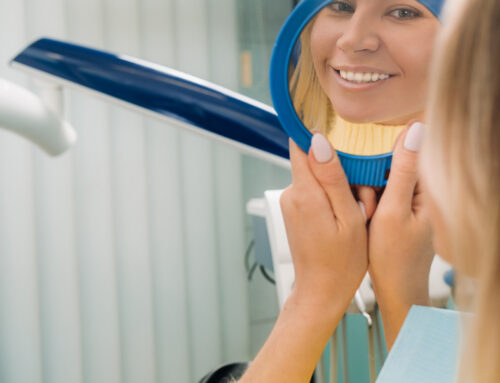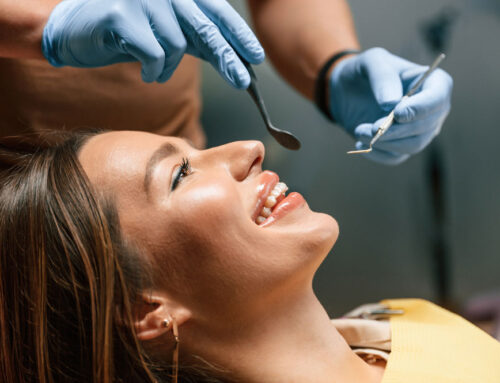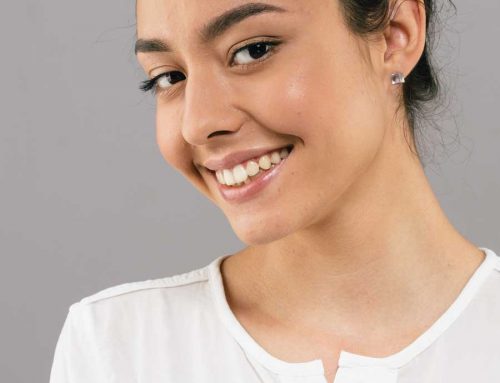Sleep apnea is a disorder characterized by pauses in breathing or shallow breaths during sleep. These pauses, known as apneas, can last from a few seconds to minutes and may occur multiple times throughout the night. There are three main types of sleep apnea:
Obstructive Sleep Apnea (OSA): The most common form, OSA occurs when the muscles at the back of your throat relax excessively, causing the airway to become blocked.
Central Sleep Apnea (CSA): This less common type occurs when the brain fails to send the right signals to the muscles responsible for controlling breathing.
Complex Sleep Apnea Syndrome (Mixed Sleep Apnea): A combination of both obstructive and central sleep apnea.
Symptoms of Sleep Apnea
Sleep apnea can affect people of all ages and genders, and its symptoms may include:
- Loud and chronic snoring
- Episodes of choking or gasping during sleep
- Excessive daytime sleepiness
- Morning headaches
- Difficulty concentrating and irritability
- Frequent nocturnal awakenings
- Unrefreshing sleep
- Insomnia
- Dry mouth or sore throat upon waking
The Importance of Treatment
If left untreated, sleep apnea can lead to serious health complications, such as:
- Cardiovascular problems, including hypertension, heart disease, and stroke
- Daytime fatigue, which can increase the risk of accidents, particularly while driving
- Impaired cognitive function and memory problems
- Mood disorders, such as depression and anxiety
- Compromised immune system
The Role of Oral Appliances
Dr. Georgaklis emphasizes the effectiveness of oral appliances, also known as mandibular advancement devices (MADs), as a non-invasive alternative to CPAP therapy. These custom-made devices are designed to fit comfortably in the patient’s mouth. Their purpose is to gently reposition the lower jaw and tongue to prevent the collapse of the airway during sleep.
By using oral appliances, Dr. Georgaklis aims to provide patients with a comfortable and effective treatment option for sleep apnea. He ensures that each oral appliance is precisely customized to the patient’s mouth, ensuring a proper fit and maximum effectiveness. Through this approach, Dr. Georgaklis has successfully helped many individuals experience significant improvements in their sleep quality and overall well-being.
How Does an Oral Appliance Work?
When you wear an oral appliance, it holds your lower jaw and tongue in a slightly advanced position, preventing the muscles at the back of your throat from collapsing and blocking the airway. By keeping the airway open, the oral appliance allows for unrestricted airflow, promoting healthy breathing patterns during sleep.
Advantages of Oral Appliances
Non-Invasive Solution: Unlike surgical interventions, oral appliances offer a non-invasive and reversible approach to treating sleep apnea.
Improved Sleep Quality: By addressing sleep apnea, oral appliances help improve the quality of your sleep, leaving you more refreshed and alert during the day.
Portability: Oral appliances are small and easy to transport, making them ideal for travel.
Custom Fit: Each oral appliance is custom-made to fit your mouth, ensuring maximum comfort and effectiveness.
Improved Overall Health: By treating sleep apnea, oral appliances contribute to better cardiovascular health, reduced daytime fatigue, and improved cognitive function.
Addressing Sleep Apnea: The Limitations of CPAP Therapy
When it comes to addressing sleep apnea, Dr. George Georgaklis recognizes that continuous positive airway pressure (CPAP) therapy may not be suitable for everyone and does not offer this service at his office. Many patients find CPAP machines uncomfortable, leading to poor compliance and treatment discontinuation. The bulkiness and noise of CPAP machines can disrupt sleep and make it challenging to find a comfortable sleeping position. Additionally, some individuals experience dryness and irritation in the nasal passages, throat, and mouth due to the constant airflow from the CPAP machine. Furthermore, CPAP machines are not very portable, making it inconvenient for frequent travelers to carry the equipment with them.
Take Control of Your Sleep Health: Consult Dr. George Georgaklis for Personalized Solutions
If you or a loved one is experiencing symptoms of sleep apnea or suspect you may have sleep apnea, do not hesitate to seek professional help. Dr. George Georgaklis can offer personalized solutions to address your sleep apnea concerns. Contact his office today at (858) 552-1223 to schedule a consultation and take the first step towards better sleep and improved health.
With the right treatment and care, you can regain restful sleep and significantly improve your overall well-being. Don’t let sleep apnea impact your life – reach out to Dr. Georgaklis’ office now and take control of your sleep health.



